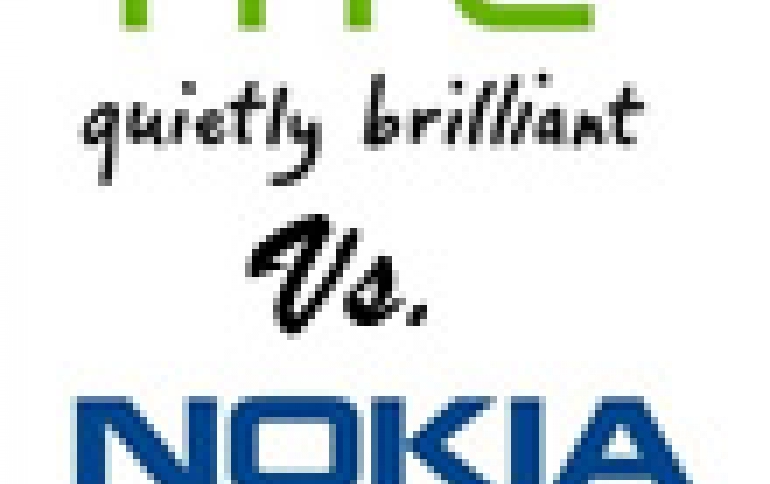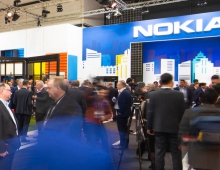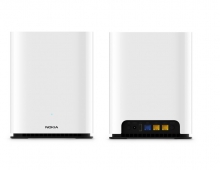
Judge Says HTC Violated Nokia Patents
HTC infringed on two Nokia patents in making its mobile telephones and tablets, a judge said in a preliminary ruling issued on Monday for the U.S. International Trade Commission.
In a preliminary ruling, Judge Thomas Pender of the U.S. International Trade Commission said HTC has infringed U.S. patents 7,415,247 and 6,393,260.
The first covers a method for receiving and transmitting radio signals, and the second a method for eliminating unwanted signals. The two patents were among three that Nokia claimed were used by HTC in its mobile phones.
The third, U.S. patent 5,884,190, covers data communications from a computer to a mobile network. Pender found no infringement of that patent.
The full decision is expected in January 2014.
Nokia filed the complaint last year. The company asked the ITC to block a HTC products from the U.S. market, including the HTC Amaze 4G, the Inspire 4G, Flyer, Jetstream, Radar 4G, Rezound and Sensation 4G.
Supply constraints
In related news, HTC is reportedly facing supply constraints on its latest smartphone.
The problems with the HTC One Mini, launched in mid-July, come partly from a casing shortage arising from design difficulties, according to a Reuters report.
HTC did not respond to a request for a comment.
The first covers a method for receiving and transmitting radio signals, and the second a method for eliminating unwanted signals. The two patents were among three that Nokia claimed were used by HTC in its mobile phones.
The third, U.S. patent 5,884,190, covers data communications from a computer to a mobile network. Pender found no infringement of that patent.
The full decision is expected in January 2014.
Nokia filed the complaint last year. The company asked the ITC to block a HTC products from the U.S. market, including the HTC Amaze 4G, the Inspire 4G, Flyer, Jetstream, Radar 4G, Rezound and Sensation 4G.
Supply constraints
In related news, HTC is reportedly facing supply constraints on its latest smartphone.
The problems with the HTC One Mini, launched in mid-July, come partly from a casing shortage arising from design difficulties, according to a Reuters report.
HTC did not respond to a request for a comment.





















